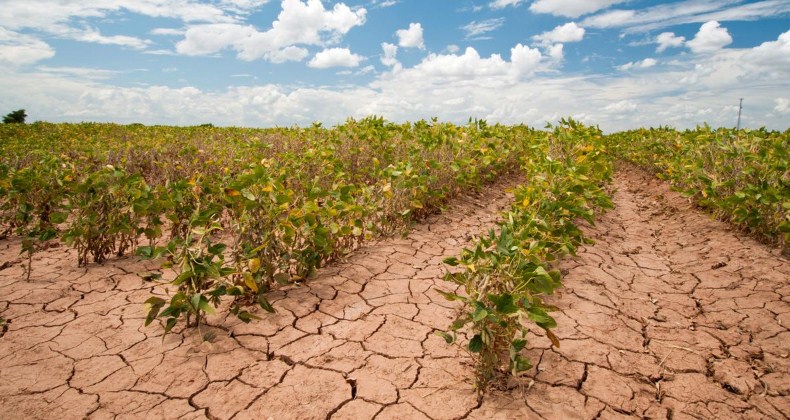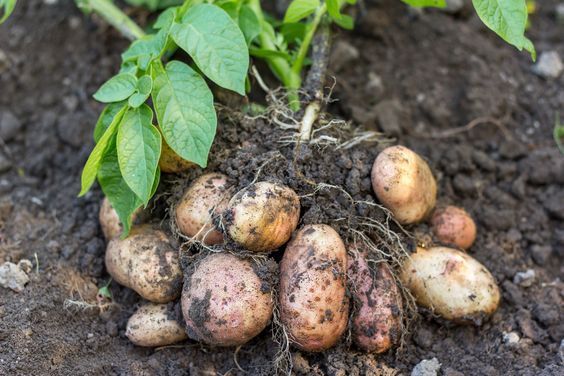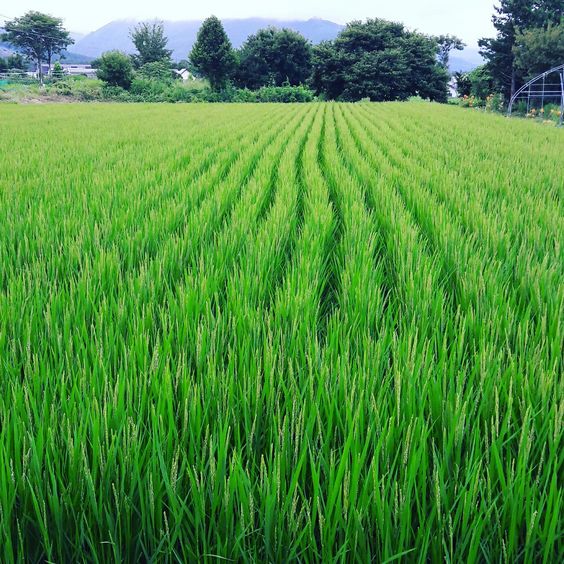Urgency of Climate Adaptation for Agriculture
The challenges presented by climate change to global agriculture are daunting and immediate, especially as the planet warms and weather patterns become more erratic. In Australia, a nation already susceptible to extreme climatic events such as droughts and floods, the stakes are particularly high. The agricultural sector, a cornerstone of the economy, faces an uncertain future as temperatures rise and rainfall becomes more unpredictable. This article examines the impact of increasing heat on crop production, explores recent scientific advances in crop modification for heat tolerance, and discusses the sociopolitical implications of genetically modifying staple crops like wheat.
Contents
The Climatic Challenge: Understanding the Impact on Crops
Australia’s agricultural landscape is no stranger to climatic extremes, but the intensification of these conditions due to climate change poses a significant threat to food security. The country’s reliance on key crops such as wheat, rice, and corn means that the impact of climate change is not just a rural issue but a national concern. Recent research highlights a worrying trend: global warming could lead to synchronized crop failures, exacerbating food shortages and economic volatility.
Temperature Increases and Crop Yield
Studies have consistently shown that crop yields decrease significantly with each degree Celsius increase in temperature. For instance, rice yields can drop by 10% per degree increase during the growing season. Such statistics are alarming, given that rice is a staple food for a significant portion of the world’s population. Wheat, another critical food source, is similarly affected, with a projected yield decrease of 6.4% per degree Celsius increase. These changes threaten global food supplies and could remove major crop exporters from the global market, as seen hypothetically with Ukraine.
Physiological Effects of Heat on Plants
Plants are inherently vulnerable to heat. Unlike animals, they cannot move to cooler areas when temperatures rise. Excessive heat impairs photosynthesis, the fundamental process through which plants convert light energy into chemical energy. It also forces plants to use up their water reserves faster, leading to dehydration, reduced growth, and ultimately, lower yields. Additionally, high temperatures can disrupt the normal flowering and pollination processes, further reducing crop viability.
Technological Interventions: Genetic Modification for Heat Tolerance
Given the dire projections, there is a pressing need to adapt our agricultural practices and crop varieties to endure higher temperatures. Genetic modification (GM) presents a viable solution by enabling the development of crop varieties specifically engineered to withstand heat stress.
Advantages of Genetic Modification
Traditional breeding methods are time-consuming and often cannot keep pace with the rapid environmental changes induced by global warming. Genetic engineering, in contrast, allows for the precise manipulation of plant genomes, providing the ability to introduce traits from heat-resistant plants into staple crops efficiently. For example, genes from the desert-dwelling welwitschia mirabilis could potentially be transferred to more vulnerable crops to enhance their drought and heat tolerance.
Heat Tolerance Mechanisms in Plants
Recent advancements in genetic engineering have focused on enhancing the expression of heat-shock proteins and heat sensor genes in plants. These proteins help protect and maintain the integrity of cellular functions under thermal stress. By strengthening these natural defenses, scientists can create crop varieties that not only survive but thrive under increased temperatures.
Case Studies and Progress
In our laboratories, significant progress has been made with soybeans. By genetically enhancing the expression of heat sensor genes, we have developed soybean variants that exhibit remarkable resilience to heatwaves. These plants maintain their structural integrity, suffer less damage to their pollen, and ultimately yield more under heat-stressed conditions.
Wheat: The Frontier of Genetic Modification
Despite the successes with crops like soybeans, wheat remains a frontier yet to be conquered fully by genetic engineering. The public and political resistance to genetically modified wheat is substantial, fueled by concerns over safety, ecological impact, and corporate control over seeds. However, as the climate crisis intensifies, it becomes increasingly clear that such innovations may be necessary to secure food supplies.
Conclusion
The path forward requires a delicate balance of science, public policy, and societal acceptance. As we face the reality of a warmer world, the development and deployment of genetically modified crops will likely become a cornerstone of global agricultural strategy. It is imperative that governments, researchers, and the public engage in open, informed dialogues to navigate the ethical, environmental, and economic complexities of this issue. Only through collaborative efforts can we hope to protect our agricultural heritage and ensure food security for future generations in an increasingly unpredictable climate.




